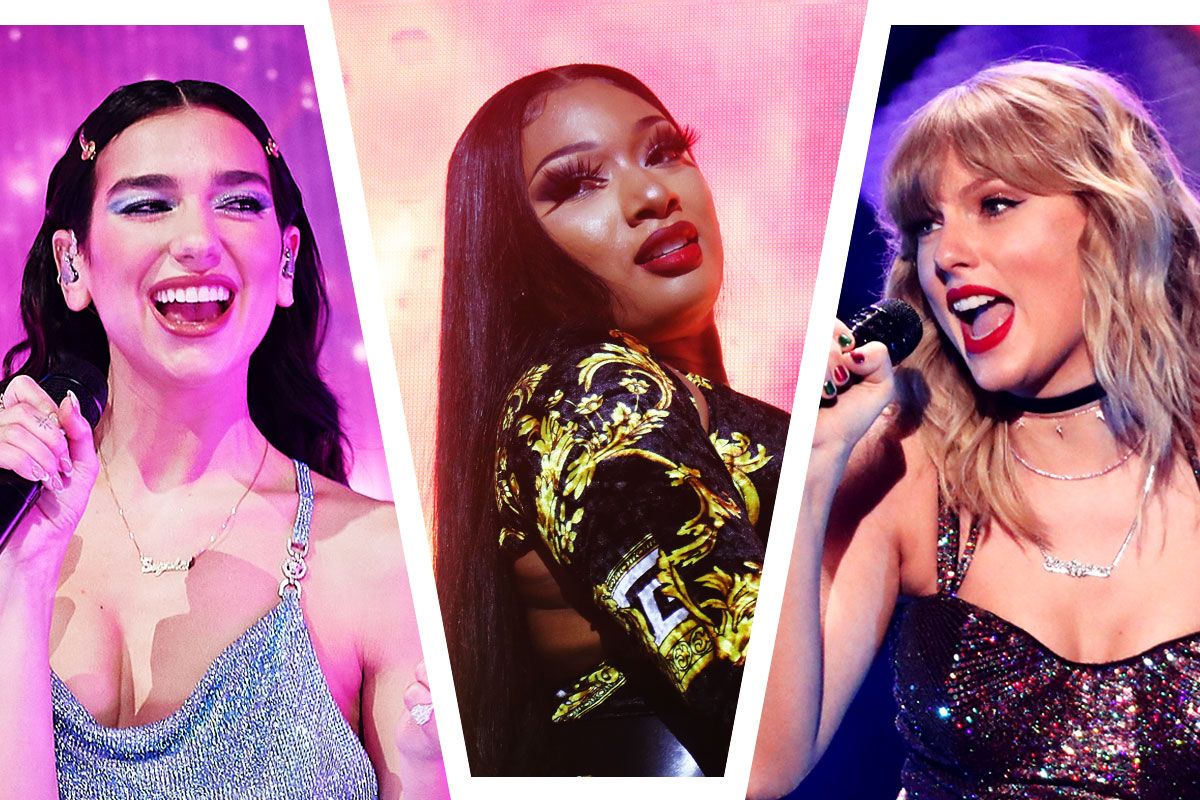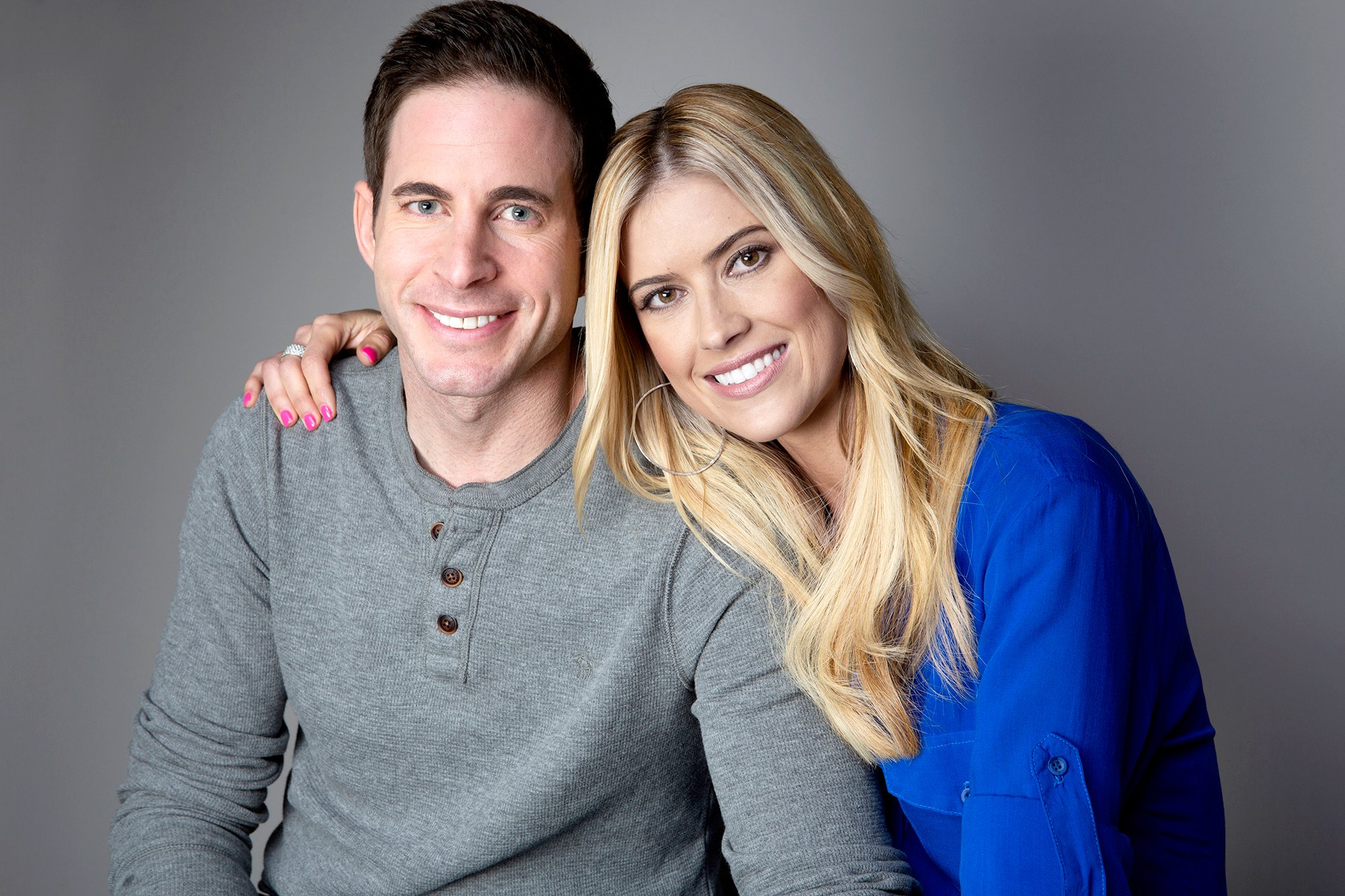Megan Thee Stallion owned the stage, struggling indie venues got a much needed spotlight and the event proved a pandemic awards show doesn’t have to look like a video conference.

By Jon Pareles, Jon Caramanica, Joe Coscarelli, Lindsay Zoladz and Caryn Ganz
The 63rd annual Grammy Awards promised to be different: There was a new executive producer at the helm for the first time in decades; a new host; and a new challenge — assembling a pandemic awards show that didn’t feel like a video conference. With a small audience of nominees outside in Los Angeles, the show highlighted the contributions of women and the impact of Black Lives Matter protests, offered screen time to workers at independent venues crushed by the pandemic and extended tributes to musicians we lost during this challenging year.
Best M.V.P.: Megan Thee Stallion
Though she didn’t win the night’s final and biggest category, record of the year, Grammy night belonged to Megan Thee Stallion. She took home the three other awards she was nominated for: best new artist and, for the remix of “Savage” featuring Beyoncé, best rap song and best rap performance. Each speech was a wholesome gift: words of exuberance from an artist experiencing the first flush of truly widespread acclaim. But her self-assured performance was the loudest statement of all. It opened with a bit of “Body,” and pivoted into her part from the “Savage” remix. But the main focus was a performance of “WAP” with Cardi B that was wildly and charmingly salacious, frisky and genuine in a way that the Grammys has rarely if ever made room for. That it took place on CBS, historically the most conservative of all the broadcast networks, was chef’s kiss. JON CARAMANICA
Best Accessory: Harry Styles’s Boa

The first-time nominee Harry Styles kicked off the show with a groovy, casually charismatic rendition of “Watermelon Sugar,” complete with an excellent backing band (Dev Hynes on bass!) and an instantly iconic feather boa. Styles often gets the knee-jerk Mick Jagger comparisons, but Styles possesses a much more laid-back — if no less magnetic — stage presence. “Watermelon Sugar” never sounded better than it did during this performance, which made its subsequent surprise win for best pop solo performance all the more understandable. Something tells me boa season is approaching. LINDSAY ZOLADZ
Worst Twist Ending: Billie Eilish’s Record of the Year Win

At the very end of a Grammys ceremony that did its best to pretend like the Recording Academy has always supported and centered Black artists, women and especially Black women, Billie Eilish was put in an impossible position that we’ve seen too many times before. Awarded record of the year for “Everything I Wanted,” a mid tempo in-betweener of a track, only a year after sweeping the top four categories with her debut album, Eilish could only gush over Megan Thee Stallion.
“This is really embarrassing for me,” Eilish, a white teenager who — like many in her generation and beyond — worships Black culture, said. “You are a queen, I want to cry thinking about how much I love you.” She went on. It was uncomfortably reminiscent of Adele praising Beyoncé when “25” beat “Lemonade” for album of the year in 2017, and also of that infamous Macklemore text to Kendrick Lamar. Some online bristled at the performative white guilt on display, while others applauded Eilish’s apparently sincere fandom. But only a stubbornly old-fashioned voting body that still just honors rap when it’s convenient could be blamed. JOE COSCARELLI
Best Reality Check: Presenters From Shuttered Venues

Neither musicians nor fans can forget that the pandemic has shut down live music. Sprinkled among the awards presenters — instead of the usual actors promoting CBS shows and stray sports figures — were people who work at long-running clubs and theaters: the Station Inn in Nashville, the Troubadour and the Hotel Cafe in Los Angeles, the Apollo Theater in Harlem. They spoke pretaped from their empty music halls and announced the winners live. Billy Mitchell, who started working at the Apollo in 1965, recalled that James Brown had demanded to see his report card, insisted he improve his grades, and later gave him money that Mitchell put toward business school and a lifelong career at the Apollo, where he eventually became the official historian. Music changes lives offstage, too. JON PARELESSmall Clubs Are Where Rock History Is Made. How Many Will Survive?
Best Disco Fantasy: Dua Lipa
Dua Lipa’s “Future Nostalgia” has lived its entire life in quarantine, but it begs to be let loose into the night and onto dance floors around the world. At the Grammys, the British pop singer and songwriter gave us a glimpse of the other side — glitter, flashing lights, throbbing bass lines, people dusting off ’70s dance moves, slight awkwardness. Her two-song set started with “Levitating,” a funky roller-rink jam with a charming DaBaby feature, and ended with “Don’t Start Now,” the powerhouse kiss-off that was nominated for both record and song of the year. The track didn’t take home either prize, but Lipa left with a trophy for pop vocal album and the honor of coaxing the most at-home viewers into a few minutes of spirited couch dancing.
Best Confrontational Politics: Lil Baby and DaBaby
Lil Baby released “The Bigger Picture,” a stream-of-consciousness, autobiographical protest song, less than three weeks after George Floyd was killed in Minneapolis last summer, on the very day that Rayshard Brooks was fatally shot by police in the rapper’s native Atlanta.
With appearances by the actor and activist Kendrick Sampson, who reenacted Brooks’s killing; the organizer Tamika Mallory, who addressed President Joe Biden in a speech; and Killer Mike, who added some Run the Jewels to the mix, Lil Baby’s performance managed to invoke the despair and anger of that moment without it feeling co-opted by the institutions that were playing host.
Earlier in the show, DaBaby did the same, adding a new verse to “Rockstar,” his sneakily wrenching ode to firearms, and making eye contact with America as he rapped in front a choir of older white people in judge’s robes: “Right now I’m performing at the Grammys/I’ll probably get profiled before leavin’.
Worst Queen Worship: The Grammys to Beyoncé

Did you know that Beyoncé has now won more Grammys than any other female artist in history (28)? Of course you did; the Grammys could not stop reminding you. To be clear, this is a monumental achievement, and one that goddess among mortals Beyoncé Giselle Knowles-Carter absolutely deserves. But there was a Grammys-doth-protest-too-much quality to the way Trevor Noah and the show’s presenters kept reminding us of this fact over and over, almost as though the Recording Academy was trying to make amends to Beyoncé for its past transgressions on live television. (Those transgressions include, but are not limited to, icing the woman who has basically redesigned the modern pop album over the past decade out of wins in the big four categories since 2010.)
It was awkward. Even Beyoncé’s recognition for “Black Parade” — a good song, sure, but hardly among her best or most impactful work — felt strangely conciliatory, a mea culpa for not giving “Lemonade” its proper due several years ago. The always gracious Beyoncé certainly made the most of it, though, and her acceptance speeches were among the night’s highlights — especially her beaming big-sister energy as her “Savage” collaborator Megan Thee Stallion accepted their shared, very deserved award for best rap song. ZOLADZ
Best Use of Quarantine Time: Taylor Swift’s Album of the Year ‘Folklore’

Going into Grammy night, album of the year was Taylor Swift’s award to lose. Perhaps no other LP has come to symbolize our pandemic year more thoroughly than “Folklore,” which Swift created entirely during quarantine and embellished with a warm and woolly homebound aesthetic. Her Grammy performance — a medley of the “Folklore” songs “Cardigan” and “August,” along with “Willow” from her second 2020 album, “Evermore” — relied perhaps too literally on that aesthetic.
The flickering visual whimsy all around her and her producers Jack Antonoff and Aaron Dessner (who both joined her onstage, in a set made up to look like a one-room cottage) detracted a bit from the direct power of her songcraft, which was more easily appreciated in the other awards-show performance she has given in support of “Folklore,” a beautifully bare-bones interpretation of “Betty” at last year’s Country Music Awards. But Swift, a one-time Grammy darling who before tonight had not had a win since 2016, has been out of the show’s spotlight for long enough that her win felt triumphant. In keeping with a night defined by female artists’ achievements it added an impressive feather to her cap, making her the only female artist in Grammy history to win album of the year three times. ZOLADZ
Best Blasts (and Ballads) from the Past: Silk Sonic and In Memoriam
Bruno Mars is nothing if not a diligent archivist, digging into the details of vintage styles, and Anderson .Paak joins him on the retro quest in their new project Silk Sonic. They went all in on “Leave the Door Open,” a period-piece homage to smooth 1970s vocal-group R&B. In three-piece mocha suits and shirts with collars that spread almost shoulder-wide, they traded off gritty leads and suave backup harmonies, choreography included. From another time capsule, Mars and Paak returned for the In Memoriam segment, paying raucous tribute to Little Richard with Mars whooping it up into an old-fashioned microphone and Paak slamming a kit of tiger-striped drums. The memorial segment continued with tasteful modesty: Lionel Richie delivering Kenny Rogers’s “Lady” with elegiac melancholy, Brandi Carlile singing John Prine’s last song, “I Remember Everything,” with affectionate respect.
The closing tribute probably made more sense in the United Kingdom. With Coldplay’s Chris Martin on piano, Brittany Howard worked up to belting “You’ll Never Walk Alone” (from the Rodgers and Hammerstein musical “Carousel”) over a country shuffle. It was a convoluted memorial to Gerry Marsden, of Gerry and the Pacemakers, who remade the song in 1963 and saw it adopted as the Liverpool Football Club’s anthem. Even odder, the song reappeared moments later, with Howard singing over a better backup track, in a commercial.
Best Juggling Act: Trevor Noah


Hosting an awards show during pandemic season is a job without precedent, or sturdy rules. At this year’s Grammys — a mélange of live performances, pretaped segments and award presentations handed out on a downtown Los Angeles rooftop — the remit of the job was deeply confused. And still Trevor Noah proved mostly adept: vibrant energy, a little bit of awe, some topical-humor fluency and a bit of cheek, but not too much. Occasionally he literally inserted himself into the end of a performance, or purposely overlapped with something happening elsewhere onstage, which in moments felt awkward, but actually helped to add glue to a patchwork affair. There were some lumpy spots, and his cringey joke about sharing a bed with Cardi B felt like an attitudinal relic of the 1980s, but on the whole, Noah made something that could have felt like several competing shows feel like one. CARAMANICA
Best Self-Criticism: Harvey Mason Jr.

The obligatory Grammy speech by the head of the Recording Academy tends to mingle platitudes about the power of music with mild lobbying. Harvey Mason Jr., who took over as interim president and chairman after the academy fired Deborah Dugan just before last year’s Grammy Awards, offered something different: the closest the Grammys have gotten to a mea culpa. “We hear the cries for diversity, pleas for representation and demands for transparency,” he said, over a soundtrack of earnest piano. “Tonight I’m here to ask that entire music community to join in, work with us not against us, as we build a new Recording Academy that we can all be proud of.” He added, “This is not the vision of tomorrow but the job for today.” Promising sentiments — will they be enough? PARELES
Best Overdue Nomination: Mickey Guyton
Trevor Noah awkwardly introduced Mickey Guyton as “the first Black female solo artist ever nominated in a country category” — far more a reflection on country music and the Grammys than on her own clear merits. (She lost best country solo performance to Vince Gill in the pre-telecast ceremony.) But Guyton, who will be co-hosting the Academy of Country Music Awards in April, gracefully seized this prime-time moment, singing “Black Like Me,” a blunt indictment — “If you think we live in the land of the free/You should try to be Black like me” — that strives to end on a hopeful note. It’s a hymnlike song that welcomed a backup choir and a big buildup on the way to a climactic, “Someday we’ll all be free.” And it made Guyton a very hard act for Miranda Lambert and Maren Morris to follow. PARELESBlack, Female and Carving Out Their Own Path in Country Music
Best Mixed Emotions: Haim
Danielle Haim started “The Steps,” nominated for best rock performance, seated behind the drums, with a pugnacious look on her face and a beat to match. She was singing about being underestimated and misunderstood, and the Grammys simply stuck the three-sister band — Danielle, Este and Alana — in the middle of the floor. But Haim switched instruments as well as moods mid-song; Danielle moved from drums to guitar and back while her voice briefly changed from annoyed to wounded; it can hurt to be misunderstood. By the end she was back on the counterattack, but the song was no longer simple. PARELESCorrection: March 16, 2021
An earlier version of this article misstated the name of the song from “Carousel” performed during the memorial segment. It is “You’ll Never Walk Alone,” not “I’ll Never Walk Alone.”
Jon Pareles has been The Times’s chief pop music critic since 1988. A musician, he has played in rock bands, jazz groups and classical ensembles. He majored in music at Yale University. @JonPareles
Jon Caramanica is a pop music critic for The Times and the host of the Popcast. He also writes the men’s Critical Shopper column for Styles. He previously worked for Vibe magazine, and has written for the Village Voice, Spin, XXL and more. @joncaramanica
Joe Coscarelli is a culture reporter with a focus on pop music. His work seeks to pull back the curtain on how hit songs and emerging artists are discovered, made and marketed. He previously worked at New York magazine and The Village Voice. @joecoscarelli
Caryn Ganz is The Times’s pop music editor. A version of this article appears in print on March 16, 2021, Section C, Page 1 of the New York edition with the headline: Notes (High and Low) From the Grammys.
source. nytimes.com









